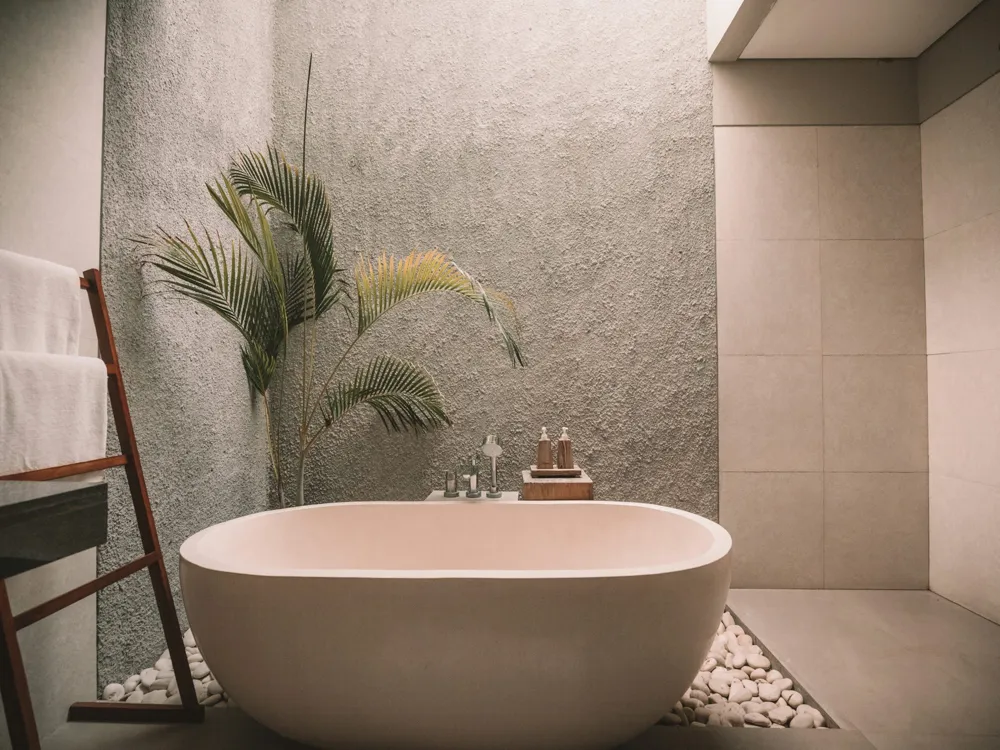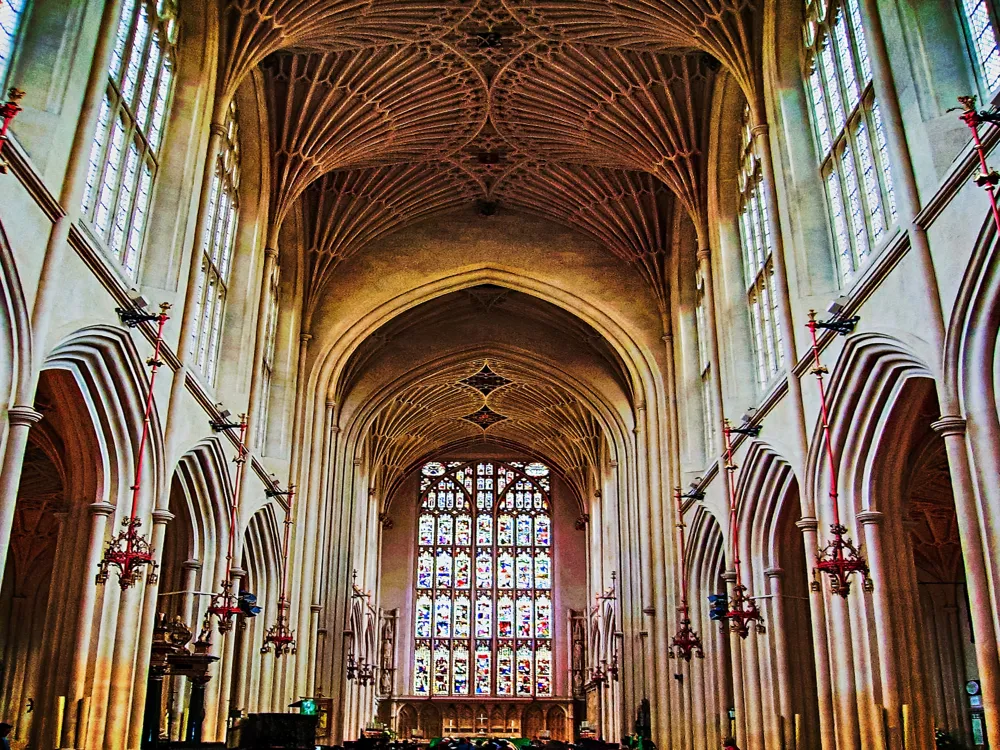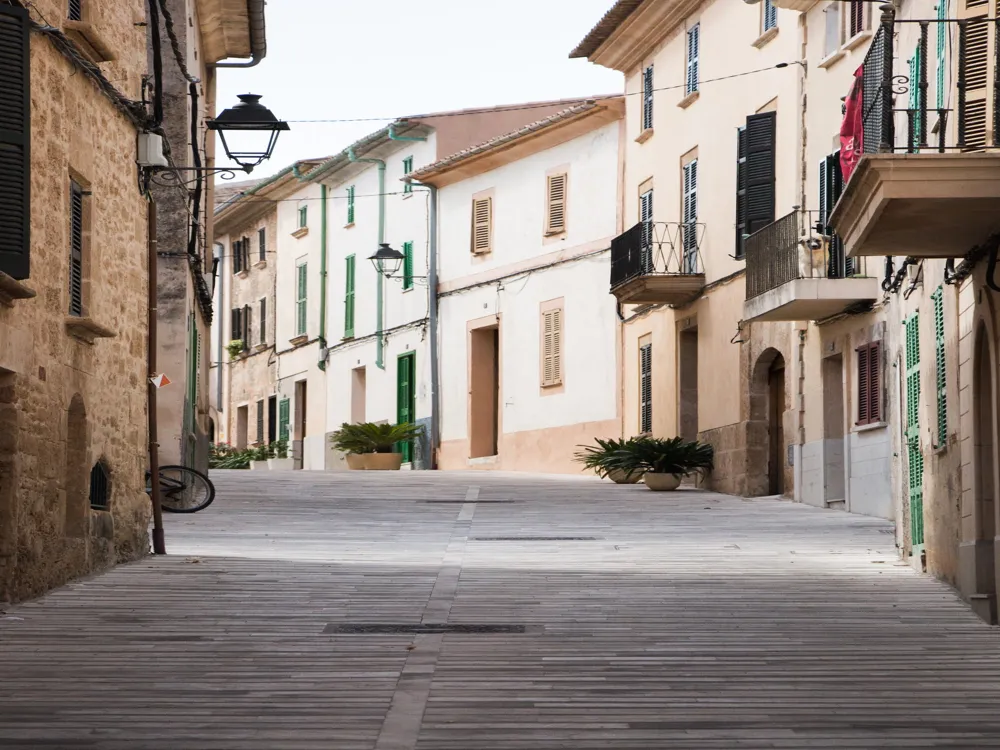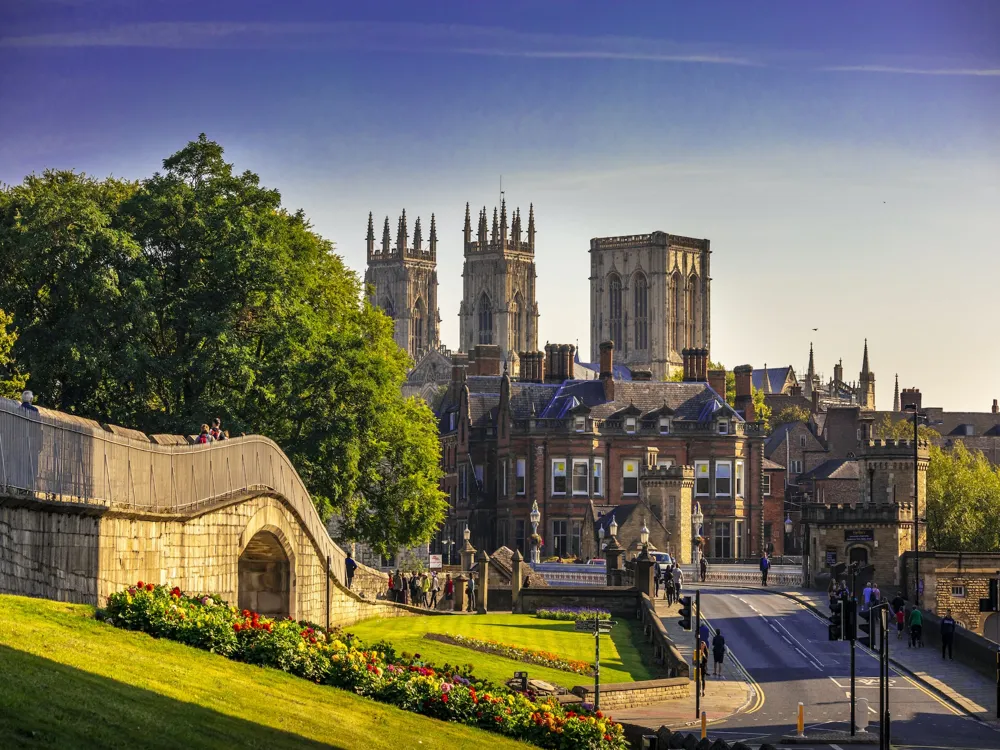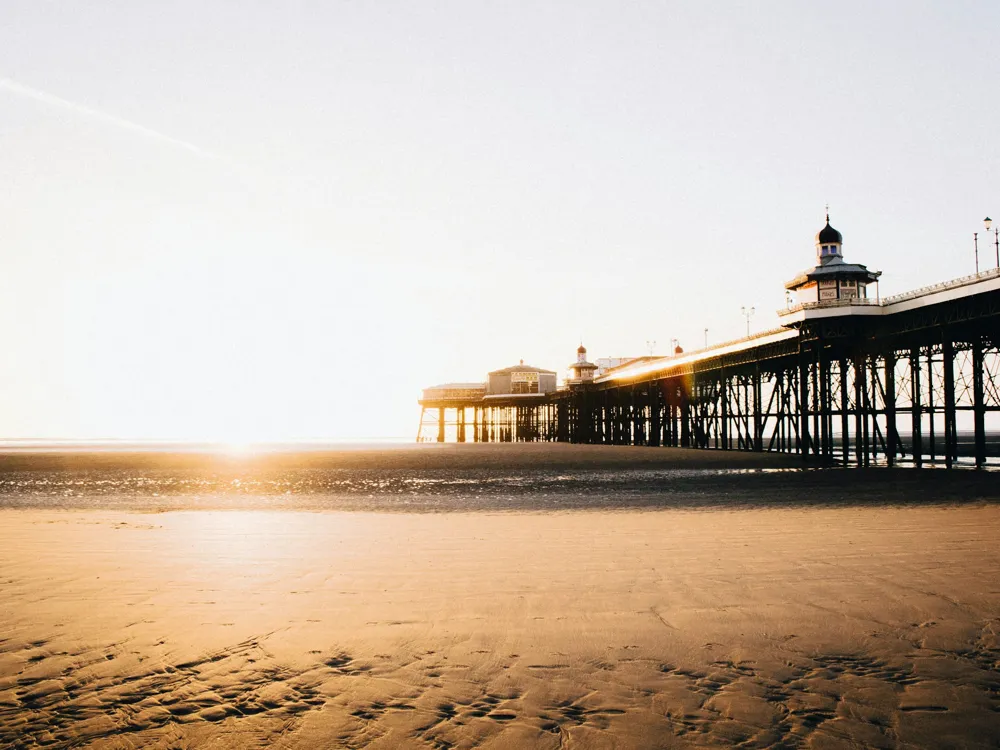The Holburne Museum of Art, nestled in the heart of Bath, England, stands as a beacon of artistic and historical significance. Established in the late 19th century, it houses a rich collection of fine and decorative arts, including works from the Renaissance to the early 20th century. The museum's origins trace back to Sir William Holburne's private collection, which forms the core of its exhibits. Over the years, it has evolved into a cultural hub, offering an extensive range of paintings, sculptures, silver, and porcelain, along with a vibrant program of temporary exhibitions and educational activities. The museum's collection is vast and diverse, featuring masterpieces from artists such as Gainsborough, Turner, and Guardi. It also houses a significant array of Georgian silver and miniatures, European porcelain, and ancient Roman and Egyptian artifacts. The museum's dedication to preserving and showcasing these treasures offers a unique window into the artistic and cultural history of Europe and beyond. Among the museum's highlights are the stunning portrait works of Thomas Gainsborough, including the iconic 'Blue Boy', which exemplifies the artist's skill in capturing the essence of his subjects. The museum also boasts an impressive array of 18th-century British portraits, landscape paintings, and a fine collection of miniatures that offer a glimpse into the intimate art of portraiture. The Holburne Museum is not just about its permanent collection. It regularly hosts special exhibitions that showcase works from other museums and private collections, offering fresh perspectives and new insights into various art forms and historical periods. These exhibitions are complemented by a range of events, including lectures, workshops, and educational programs, aimed at engaging audiences of all ages. The Holburne Museum's commitment to community engagement is evident in its inclusive approach to programming. It offers activities tailored to diverse audiences, including school children, families, art enthusiasts, and scholars. The museum's educational programs are particularly noteworthy, offering hands-on experiences that bring art and history to life. As a charitable institution, the Holburne Museum relies on the support of its visitors, members, and donors. This support is crucial in helping the museum maintain its collection, curate new exhibitions, and continue its educational outreach. The Holburne Museum's architecture is a story of historical evolution and modern innovation. The original building, designed in the classical style, was constructed in the late 19th century. It is a fine example of the Neoclassical architecture prevalent in Bath, characterized by its symmetrical design, grand portico, and Ionic columns. In 2011, the museum underwent a significant transformation with the addition of a modern extension. This contemporary addition, designed by Eric Parry Architects, seamlessly blends the old with the new. The extension is a striking contrast to the classical façade, featuring a glass and ceramic façade that reflects the surrounding gardens and sky. This juxtaposition of the classical and contemporary is a visual representation of the museum's approach to art – respecting tradition while embracing innovation. Inside, the museum's layout facilitates an engaging journey through art history. The rooms are arranged chronologically, allowing visitors to travel through time as they explore the collection. The interior design respects the building's historical architecture while providing a modern setting for the artworks. Apart from the exhibits, the Holburne Museum also offers a delightful Garden Café, providing a relaxing space for visitors to enjoy a meal or a cup of coffee. The café overlooks the beautifully landscaped gardens, which are an artwork in themselves, featuring historical and botanical elements. The museum's architectural design also prioritizes accessibility and sustainability. The modern extension is fully accessible to all visitors, and the use of sustainable materials and practices in its construction reflects the museum's commitment to environmental responsibility. The Holburne Museum's architecture is a testament to the successful fusion of historical elegance and modern functionality, offering a unique and enriching experience to its visitors. Before visiting the Holburne Museum, check the museum's website for the latest information on opening hours, ticket prices, and any special events or exhibitions. It's also a good idea to plan your visit around the museum's quieter times, usually weekday mornings, to enjoy a more serene experience. To fully appreciate the museum's offerings, consider joining a guided tour or using the audio guides available. These resources provide valuable insights into the collection and the history of the museum. The Holburne Museum is committed to accessibility. Check the website for information on wheelchair access, hearing loops, and other facilities. Assistance dogs are welcome, and there are various support options for visitors with disabilities. The Holburne Museum is located at the end of Great Pulteney Street in Bath. It is easily accessible by public transport, with several bus routes stopping nearby. For visitors driving, there are several parking options in the area, though parking can be limited, so public transport or walking is recommended. Bath Spa railway station is a 15-minute walk away, making the museum easily reachable for those coming by train. Read MoreOverview of Holburne Museum of Art in Bath
Highlights of the Collection
Special Exhibitions and Events
Engaging with the Community
Supporting the Arts
Architecture of Holburne Museum of Art
Exploring the Interior
The Garden Café and the Landscaped Gardens
Accessibility and Sustainability
The Fusion of History and Modernity
Tips When Visiting Holburne Museum of Art
Planning Your Visit
Maximizing Your Experience
Accessibility
How To Reach Holburne Museum of Art
Holburne Museum of Art
Bath
NaN onwards
View bath Packages
Weather :
Tags : Museum
Timings : 10am-5pm Mon-Sat, 11am-5pm Sun
Entry Fee : Free
Planning a Trip? Ask Your Question
Bath Travel Packages
View All Packages For Bath
Top Hotel Collections for Bath

Private Pool

Luxury Hotels

5-Star Hotels

Pet Friendly
Top Hotels Near Bath
Other Top Ranking Places In Bath
View All Places To Visit In bath
View bath Packages
Weather :
Tags : Museum
Timings : 10am-5pm Mon-Sat, 11am-5pm Sun
Entry Fee : Free
Planning a Trip? Ask Your Question
Bath Travel Packages
View All Packages For Bath
Top Hotel Collections for Bath

Private Pool

Luxury Hotels

5-Star Hotels

Pet Friendly







